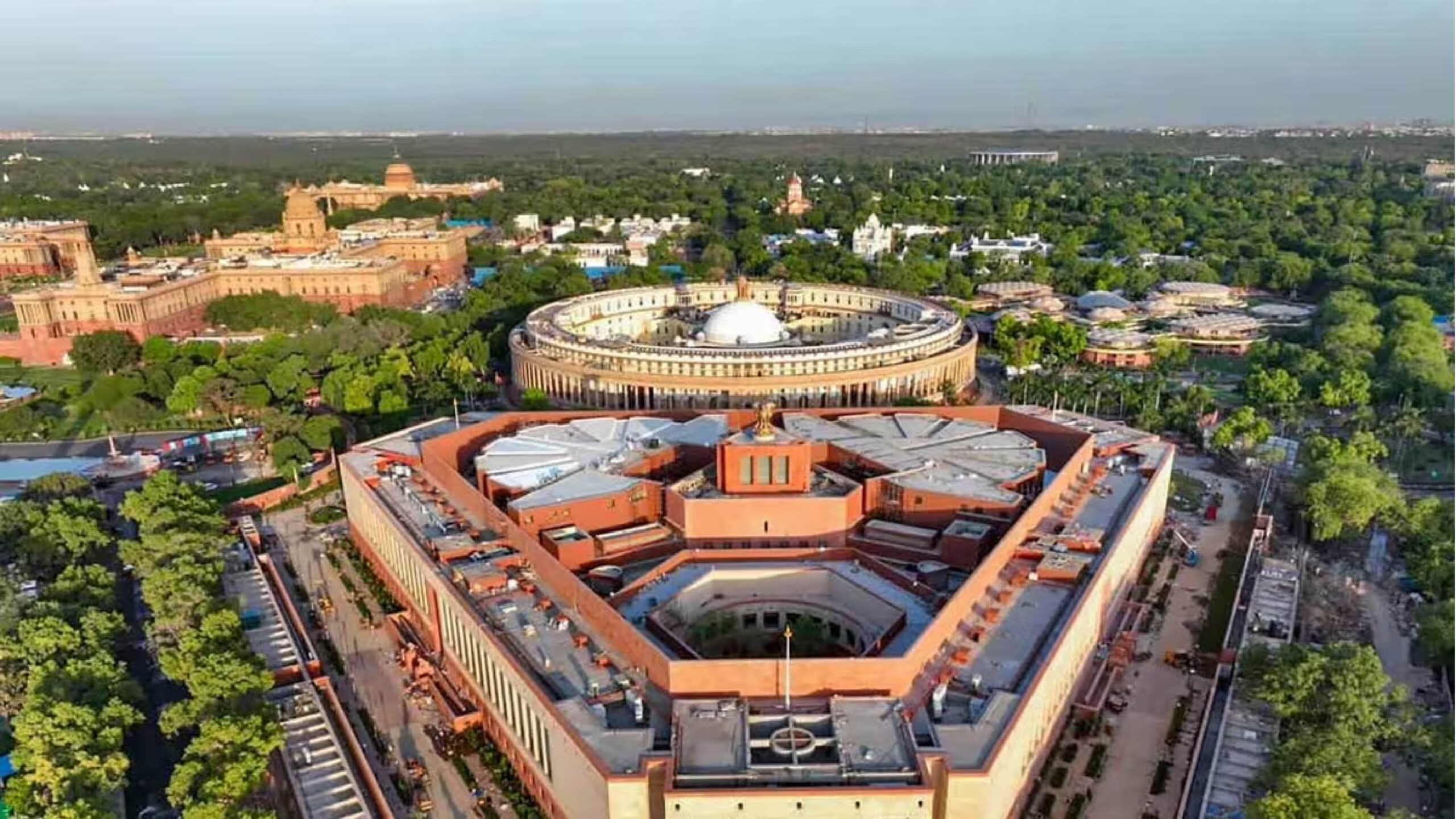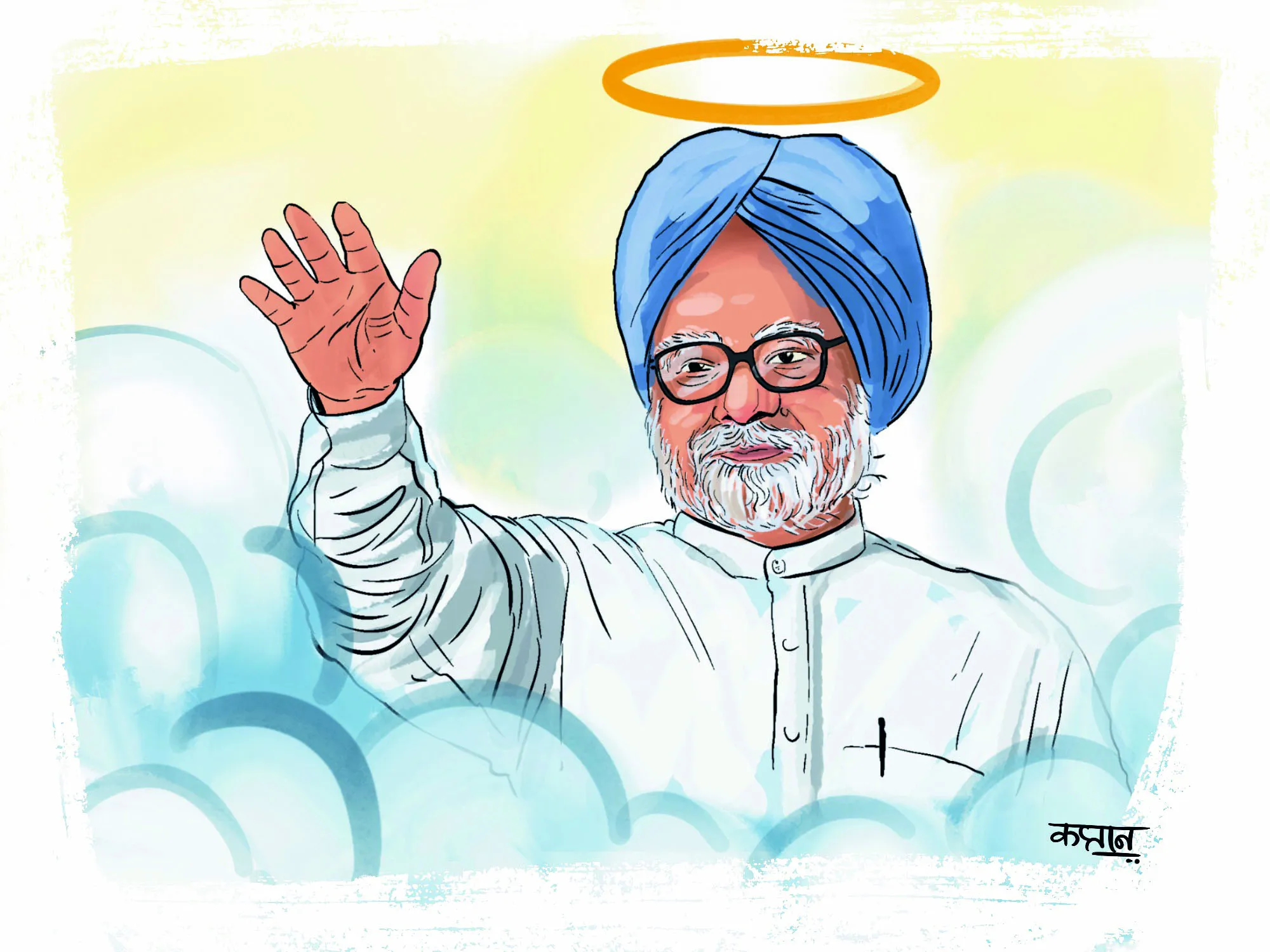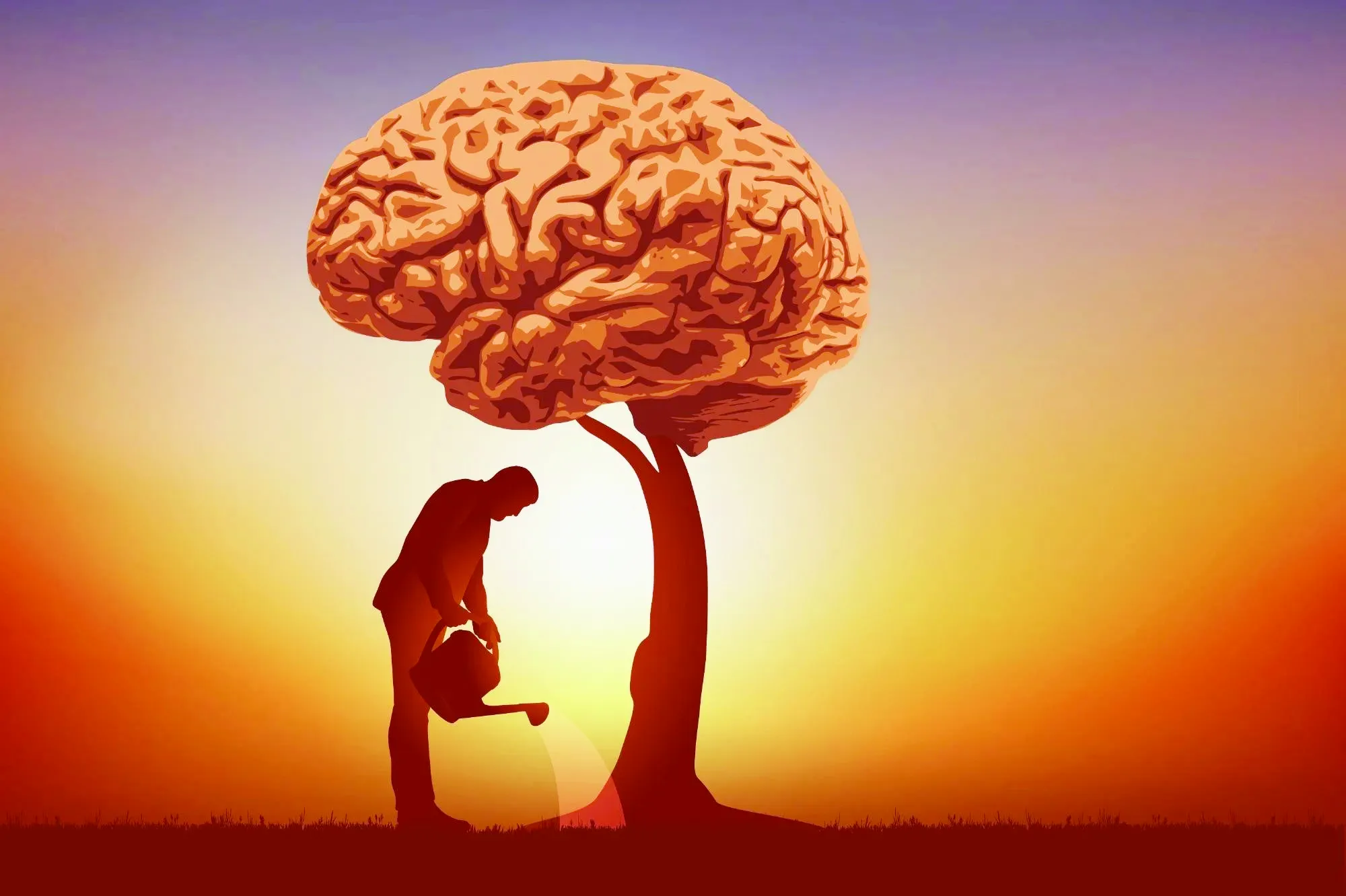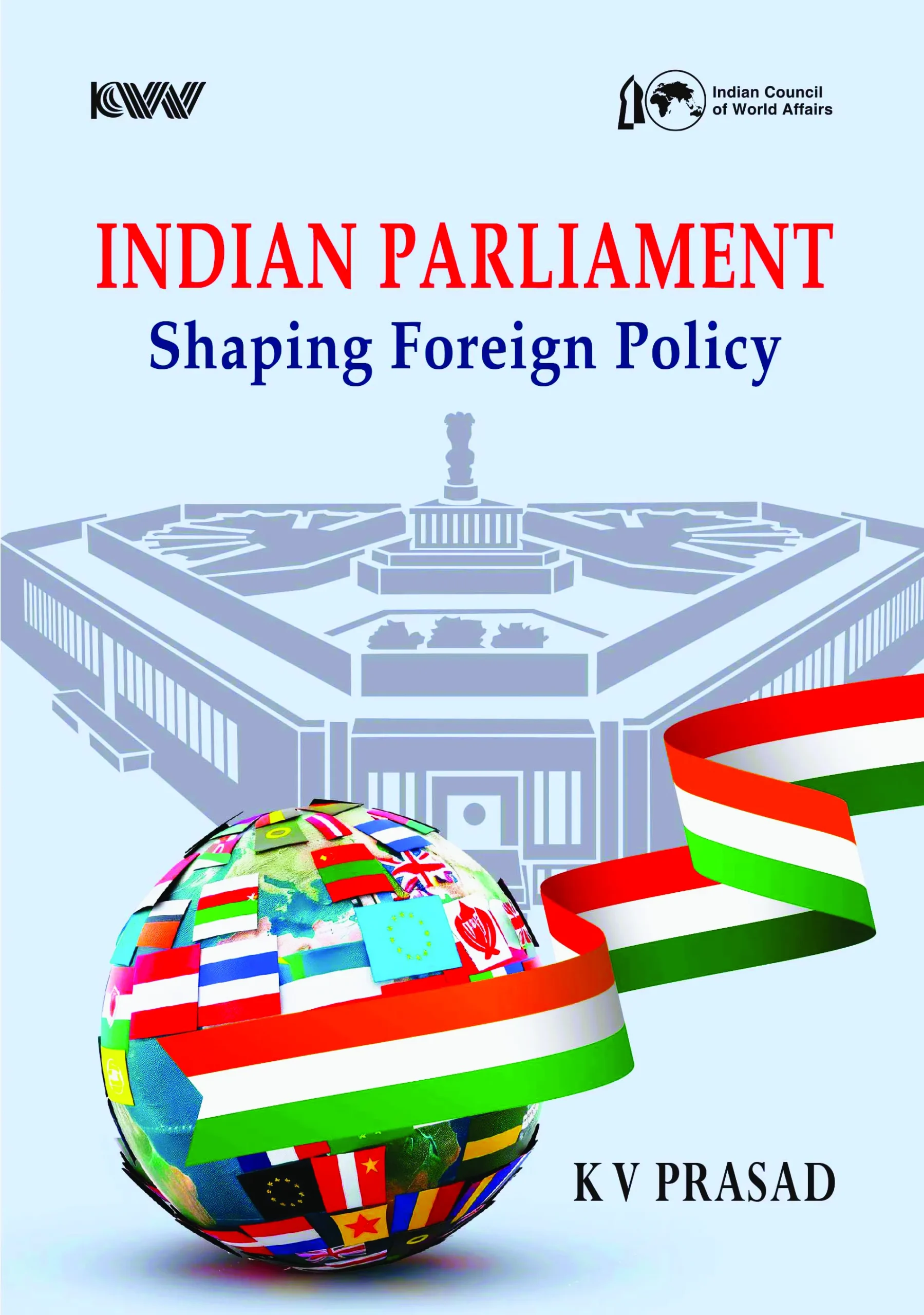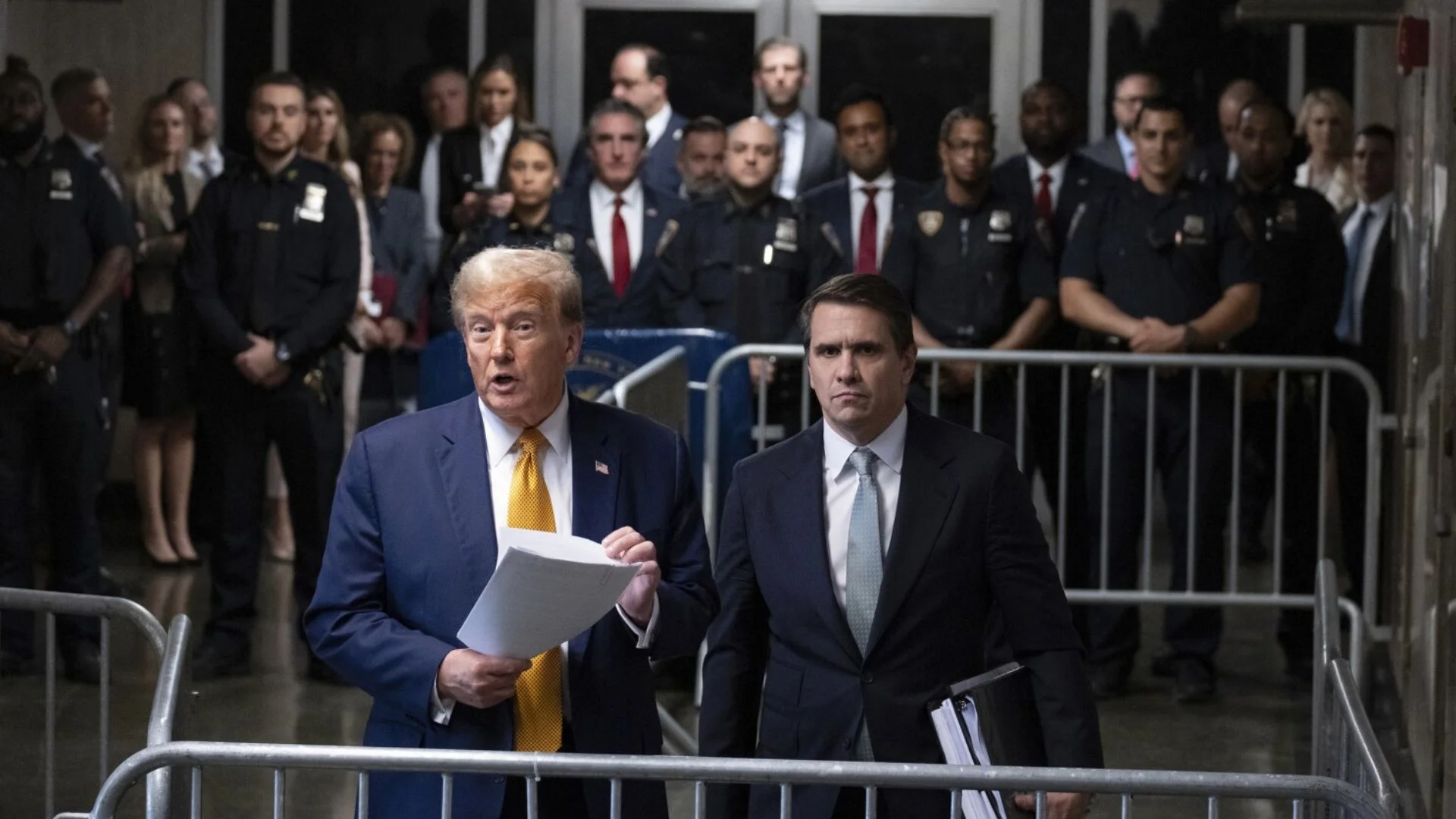The first page of the Constitution of India, that called as preamble & nutshell of the Constitution of India was a well letter of all the people of independent India in Constituent Assembly. This letter is a declaration which declare that India is Republic Democratic Nation. The Constitution of India set a proper system to form a democratic government.
Parliament is Apex temple of Democracy in India, in which the Lok Sabha have a direct link with the citizens. Because LS consist of members which directly elected by citizen of India, and as it Mention in Preamble we are a democratic country, which only due to involvement of citizens.
The reason behind it that democracy is just not about the contesting elections and choose representatives, it is about to promote the brotherhood among the all people of the nation, promote equality, accept the plurality of thoughts & working on the dreams of the founding fathers of the Constitution As per the constitutional provisions for the better working for LS, a Speaker elected by all members, he considered as the Presiding Officer of LS, Article 92 of Indian Constitution talks about the post of Speaker and Deputy Speaker of LS. Now days this Constitutional Body is in every talk because after the LS Electronic, 2024 now it’s time of election of Speaker of LS and both alliances disclose the name of candidates. Before the election of Speaker. Pro-term speaker is appointed and he take care of all proceedings and business, before the election of Speaker. At most time the name of Speaker is proposed by the newly elected Prime Minister. All members of Lok Sabha elect the speaker among all of theme. In case were the ruling alliance/political party have good numbers of MPs in LS then Speaker is directly elected on power of majority, but in situation likes these the opposition also try to contest in election throw their candidate.
The first meeting of Parliament after the election, called by The Hon’ble President of India, and around that time election of speaker happen, the newly elected Speaker takes the oath of office, administered by the Pro tem Speaker. The oath signifies their commitment to uphold the Constitution and discharge their duties impartially and to the best of their ability. This constitutional post a very important role, in context of opposition as well, Dr, Ambedkar say throw writing & speeches that a strong & good Opposition is necessary for a successful democracy. He believes that opposition is like the elder brother of the ruling government who critics when something wrong is happens and give suggestion on every work in national interests. However this type of corporation rarely to see but some time it shows when Bills pass out from the both house of the Parliament unanimously & certain issues are solved with any politics. India completed a large time after independence and see various ups and downs in context of Democracy & Constitution, even India see the changes in the first page of the Constitution & major changes portion, people have various views on it some take it positively and some consider it as a breach of Democracy, although India is a Democratic country and Liberal Constitution which gives the freedom of speech & plurality of thoughts. In the interpretation of views of Dr. Ambedkar, for the establishment of strong Democracy a well establish setup is required.
In another terms for the purpose of working of Democracy in any nation it is necessary that there should be a good social structure and people with a good mind and education level. But all of these are more or less depends on the peoples who are elected by the citizens and there conduct at the House. Speaker have various powers and duties, the Speaker is entrusted with the responsibility of interpreting and enforcing parliamentary rules and procedures.
This entails making impartial rulings on points of order, deciding on the admissibility of motions and amendments, and overseeing voting processes. By exercising these powers judiciously, the Speaker upholds the sanctity of parliamentary proceedings and safeguards the rights of all members, regardless of their political affiliations., in regards conducting proceedings of House is also important thing, because the unnecessary points divert the attention from the main and important thing for nation, like poverty, education, employment etc. and that became major wall between the development of nation. To prevent from all these issues and make nation more batter, people need to read and follow the Constitution of India, its noble document which aims to make India a secular, democratic, republic, socialist, sovereign nation and it tell a noble path towards humanity.
In addition to these procedural duties, the Speaker represents the Lok Sabha in its interactions with the President, the Council of Ministers, and other governmental bodies. The decision to suspend a member usually begins with the Speaker of the House. They have the right to take immediate action to maintain order and discipline. The Speaker may issue a warning or order the temporary removal of a member from the House. If the misconduct continues or escalates, the Speaker may take action to suspend the member from participating in the House for a specified period of time. In case of disagreement or discussion, Members may determine the terms of an order or contrary decision. The President determines the validity of these conditions and may decide whether the member’s behavior is disciplinary, such as suspension. This decision-making role is crucial to maintaining fairness and justice
As a result, the Speaker of the Lok Sabha has a major and influential role in India’s democratic process. Through their commitment to justice, fairness and fair procedures, Speakers uphold the principles of democratic governance and ensure that the House of Representatives provides a strong forum for debate and decision-making.
By embodying these values, the spokesperson not only strengthened the country’s democratic institutions but also recognized the fundamental rights and aspirations of the people of India.

